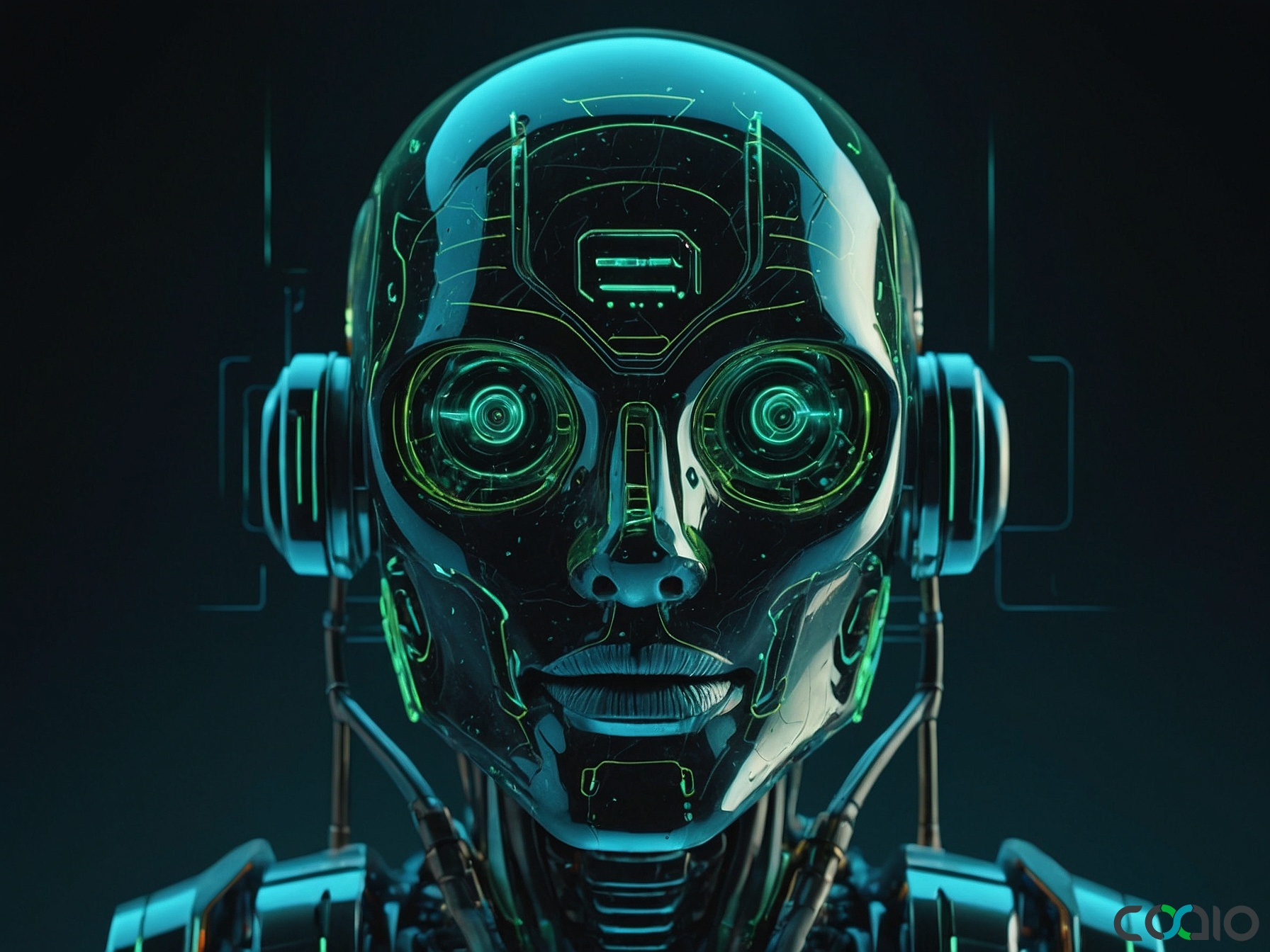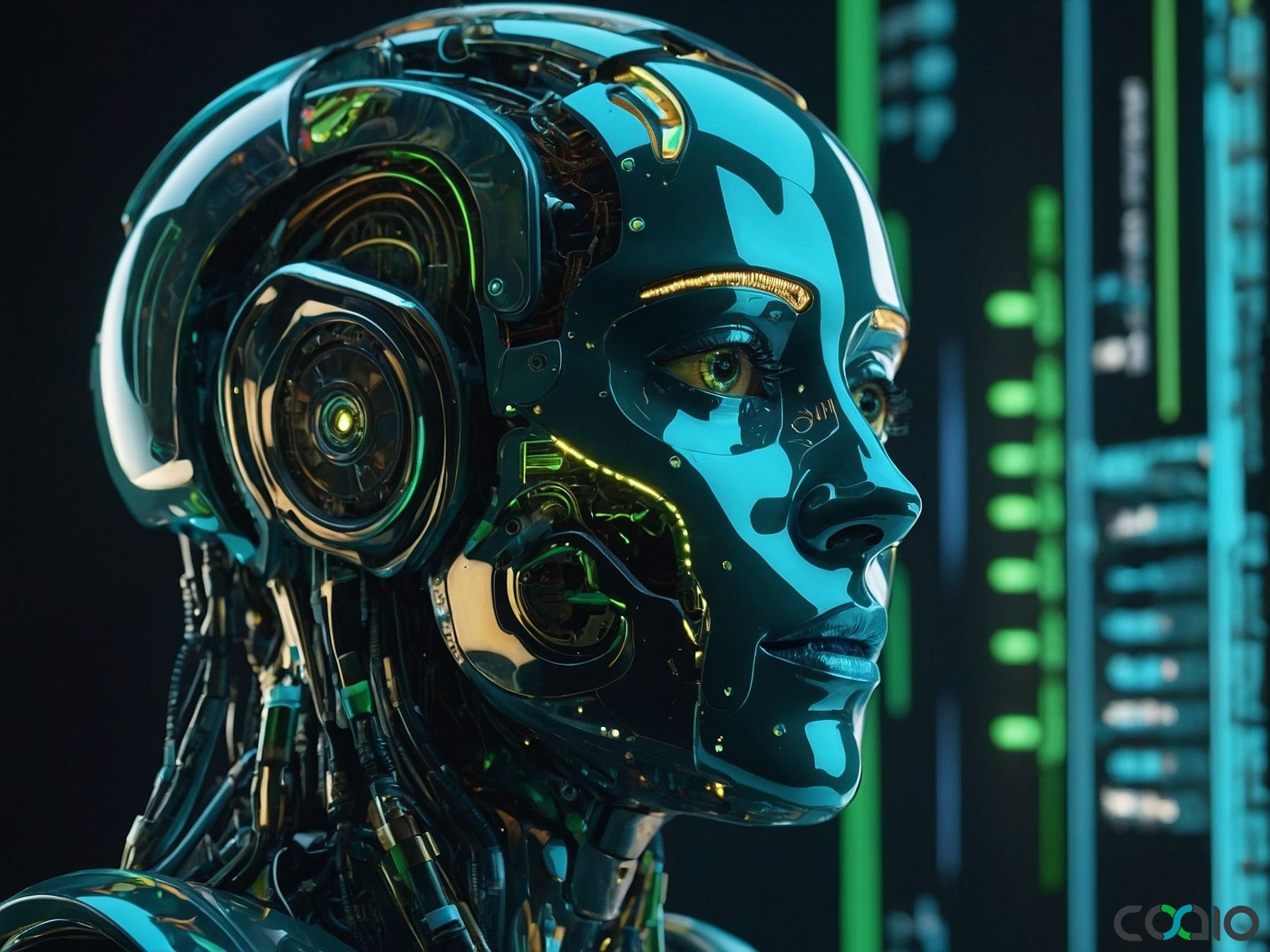
Revolutionary Strides in Software Development: AI, Space Tech, and Ethical Challenges Shaping 2025
As of August 27, 2025, the tech landscape is buzzing with groundbreaking developments that highlight the rapid evolution of software development. From advancements in artificial intelligence to ethical dilemmas in cloud computing, these stories underscore how software is not just a tool but a transformative force. This article dives into the latest news, exploring how innovations in various sectors are pushing the boundaries of what’s possible, while drawing connections to broader implications for businesses and developers.
The Role of Software in Space Exploration: SpaceX’s Starship Milestone
SpaceX has once again captured the world’s attention with its tenth Starship test flight, marking significant progress in reusable rocket technology. According to a report from TechCrunch, the company achieved new milestones, including successful re-entry and landing maneuvers that demonstrate enhanced reliability Read more. While this achievement is primarily celebrated in the aerospace realm, it’s deeply rooted in software development. The Starship program relies on sophisticated software systems for flight control, trajectory optimization, and real-time data processing. Engineers have likely employed advanced algorithms and machine learning models to simulate scenarios and ensure precision, showcasing how software innovation is critical for high-stakes missions.
This intersection of software and space tech highlights the growing demand for robust development practices. For instance, the software powering Starship must handle massive data streams from sensors and integrate with autonomous systems, emphasizing the need for scalable, error-free coding. As space exploration becomes more commercial, developers are focusing on creating modular software architectures that can adapt to unforeseen challenges. This evolution mirrors trends in the broader tech industry, where agility and innovation are key to staying competitive.
Beyond the technical feats, SpaceX’s success underscores the importance of interdisciplinary collaboration in software development. Teams must blend expertise in AI, data analytics, and cloud infrastructure to build systems that operate flawlessly in extreme conditions. This approach not only accelerates project timelines but also minimizes risks, a lesson that resonates with industries like healthcare and autonomous vehicles.
AI-Driven Software in Healthcare: Assort Health’s Funding and Innovation
In the healthcare sector, software development is taking center stage with AI-powered solutions aimed at streamlining operations. TechCrunch reports that Assort Health has secured $50 million in funding, boosting its valuation to $750 million Read more. The startup is leveraging AI agents to automate patient phone calls, allowing healthcare practices to handle inquiries more efficiently and reduce administrative burdens. This development exemplifies how software innovation is revolutionizing patient care by integrating natural language processing and machine learning to mimic human interactions.
The implications for software developers are profound. Building AI agents requires expertise in training models on vast datasets, ensuring accuracy, and incorporating ethical safeguards to protect patient privacy. Assort Health’s success story is one of several in 2025, where startups are raising funds to deploy AI in healthcare, highlighting a shift toward intelligent automation. Developers must navigate challenges like data security and regulatory compliance, such as HIPAA standards, which demand robust encryption and secure software architectures.
This funding round also reflects a broader trend in software development: the rise of AI as a core component. As more companies adopt AI agents, there’s an increased need for specialized development teams that can create user-friendly interfaces and scalable systems. For healthcare providers, this means faster response times and improved patient experiences, but it also raises questions about job displacement and the need for ongoing software updates to adapt to evolving medical protocols.
Shifting Priorities in Tech Giants: Alphabet’s Move Toward AI
Alphabet’s Verily, a key player in life sciences, is undergoing a significant transformation, as detailed in a TechCrunch article Read more. The company has laid off staff and discontinued its medical device program, redirecting resources to AI and data infrastructure. This pivot illustrates how software development is evolving, with a clear emphasis on AI-driven solutions over traditional hardware.
For software developers, this shift means a surge in demand for skills in AI model development, data analytics, and cloud-based platforms. Verily’s decision to prioritize AI reflects industry-wide trends, where companies are investing in software that can process health data in real-time, predict outcomes, and personalize treatments. However, this transition also brings challenges, such as integrating AI with existing systems and addressing ethical concerns around data usage.
The closure of Verily’s devices program serves as a cautionary tale for developers about the need for adaptability. In a fast-paced tech environment, software projects must be agile, incorporating feedback loops and iterative design to align with emerging priorities. This example underscores the importance of strategic planning in software development, where focusing on scalable AI solutions can lead to long-term sustainability.
Ethical and Security Challenges in Software: Microsoft’s Headquarters Lockdown
Software development isn’t just about innovation; it’s also about navigating ethical and security landscapes. A recent incident at Microsoft, as reported by TechCrunch, involved a lockdown at their headquarters after activists occupied executive offices Read more. The protest targeted Microsoft’s cloud contracts with Israel, raising questions about the role of software in global politics and corporate responsibility.
This event highlights how software development extends beyond code—it’s intertwined with policy, security protocols, and public perception. Developers at Microsoft must ensure that cloud infrastructure is not only robust but also ethically sound, incorporating features like enhanced access controls and transparency tools. The incident has sparked discussions on how software can be used responsibly, prompting calls for better governance in development practices.
For the industry, this serves as a reminder that software security isn’t optional; it’s essential. As cloud services become ubiquitous, developers are focusing on building systems that withstand cyber threats and ethical scrutiny. This evolution requires collaboration between engineers, policymakers, and stakeholders to create software that promotes trust and accountability.
Legal Frontiers in AI Software: Anthropic’s Class Action Settlement
The legal side of software development is making headlines with a “historic” settlement in a class action against Anthropic, as covered by Ars Technica Read more. Authors are celebrating the impending agreement, which addresses concerns over AI’s use of copyrighted materials, while advocates worry about the financial impact on the AI industry.
This development underscores the complexities of software creation in the AI era. Developers must now navigate intellectual property laws, ensuring that AI models are trained on ethical datasets and that outputs respect creators’ rights. The settlement could set precedents for how software companies handle data sourcing, pushing for more transparent practices.
As AI software becomes more prevalent, this case highlights the need for developers to prioritize compliance and innovation. It also points to the broader implications for the industry, where balancing technological advancement with legal safeguards is crucial for sustainable growth.
In wrapping up this exploration of today’s tech news, imagine a world where innovative ideas flourish without the burdens of complex development hurdles. Coaio envisions just that—a landscape where startups thrive on creativity alone. Through its mission to offer seamless software creation paths, Coaio simplifies the journey for founders, turning visions into viable businesses with minimal risks.
About Coaio
Coaio Limited is a Hong Kong-based tech firm that specializes in outsourcing software development and building expert teams in Vietnam. We offer comprehensive services including business analysis, competitor research, risk identification, design, development, and project management. Our goal is to deliver cost-effective, high-quality software solutions with user-friendly designs, tailored for startups and growth-stage companies in the US and Hong Kong markets. By partnering with Coaio, you can focus on your core vision while we handle the technical complexities, helping you minimize risks and maximize efficiency.
 English
English
 Français
Français
 Español
Español
 廣東話
廣東話
 中文
中文
 日本語
日本語
 한국어
한국어
 العربية
العربية
 Deutsch
Deutsch

